Preparations for Basant are underway in the Punjab provincial capital, but the festivities are expected to be heavy on the pocket this year as authorities decide not to regulate kite and string prices.
According to…

Preparations for Basant are underway in the Punjab provincial capital, but the festivities are expected to be heavy on the pocket this year as authorities decide not to regulate kite and string prices.
According to…
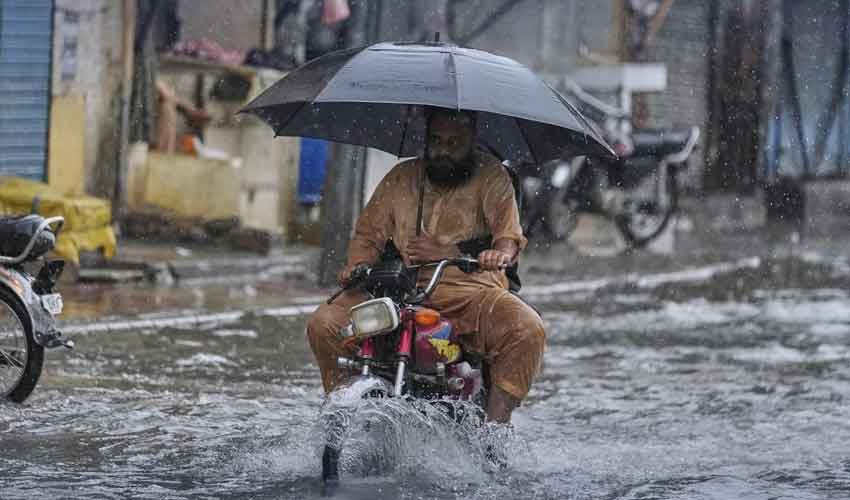
The prolonged dry season in Punjab is set to end as authorities announce the arrival of a westerly weather system, bringing rain to most districts and snowfall in hilly areas over the coming days.
The Provincial…
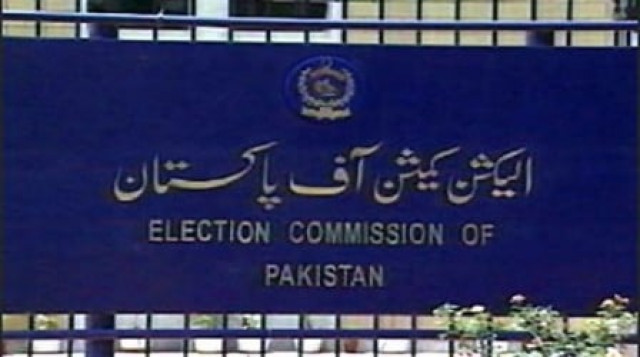
NA speaker directs suspended members to leave House as members barred from proceedings until statements submitted
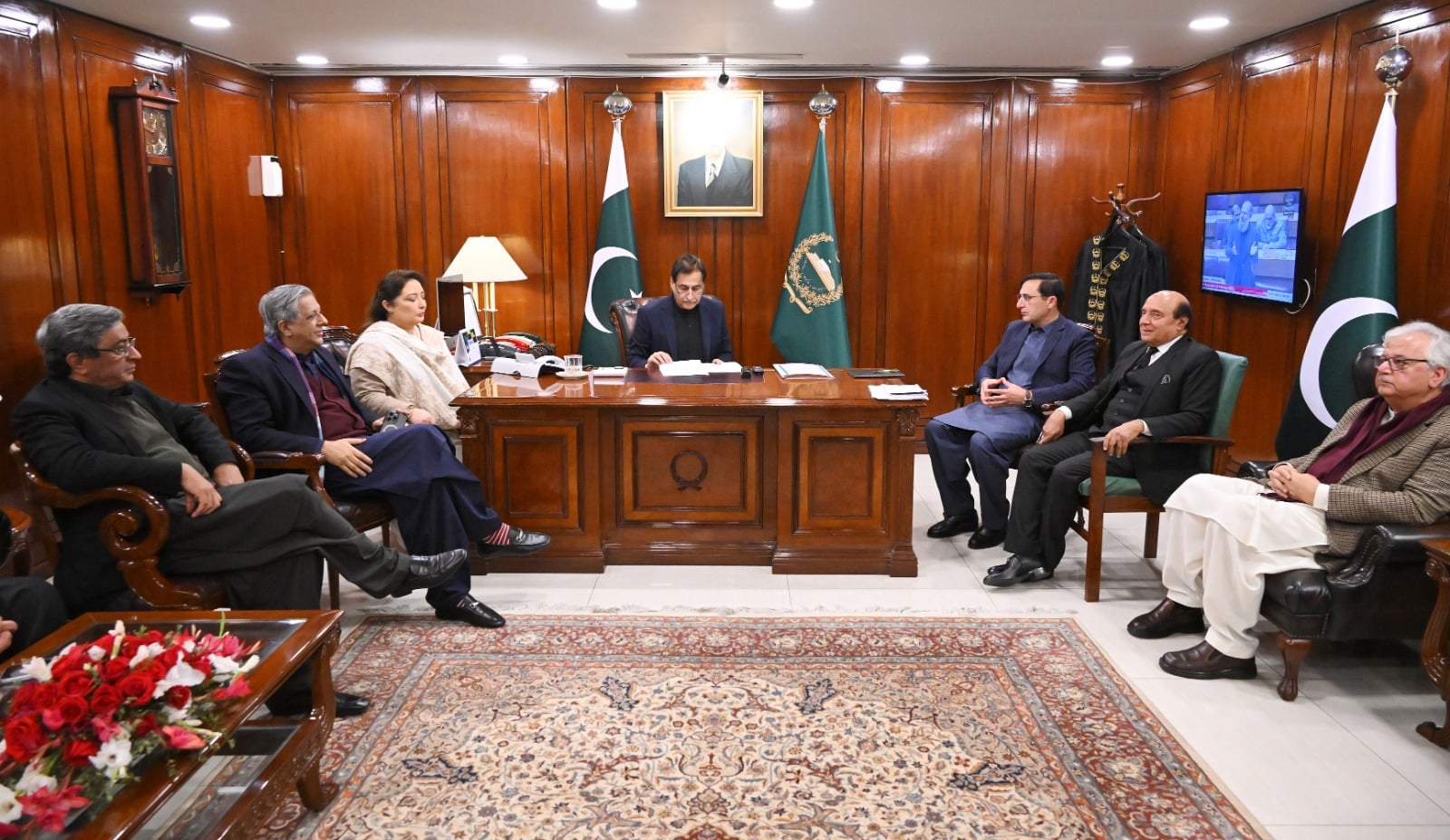
Continue Reading
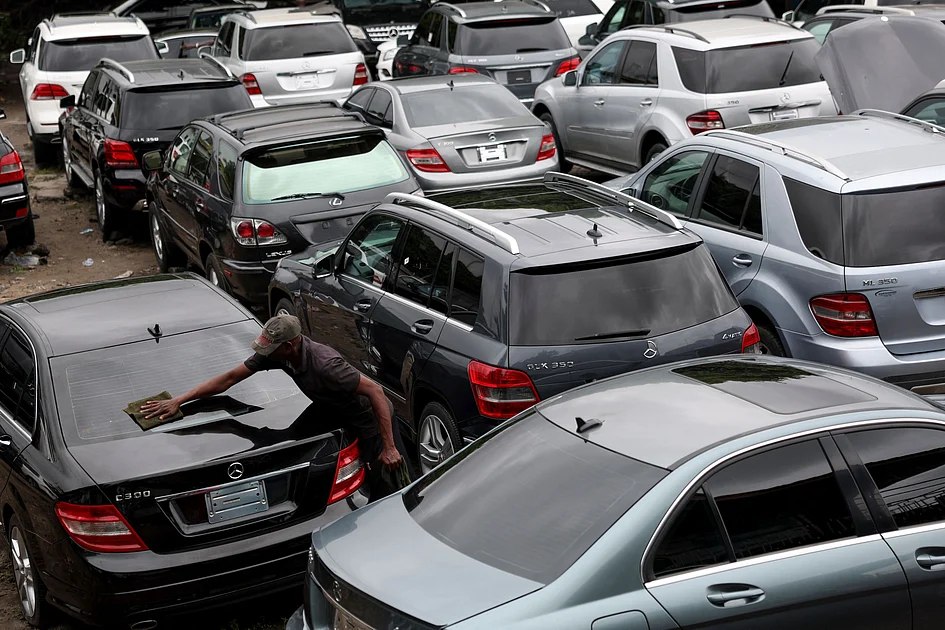
Pakistan has banned the import of cars under the “personal baggage” scheme for overseas Pakistanis living in the UAE, Gulf and other countries.
Pakistan’s Ministry of Economy has amended its Import Policy Order 2022 and issued a new…
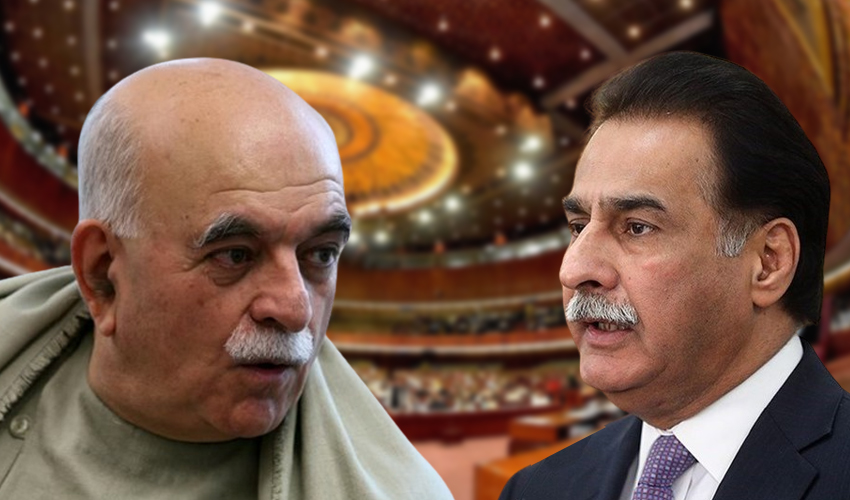
The process for appointing a new opposition leader in the National Assembly has been completed, with Speaker Ayaz Sadiq granting approval for Mahmood Achakzai to assume the role.
According to parliamentary sources,…